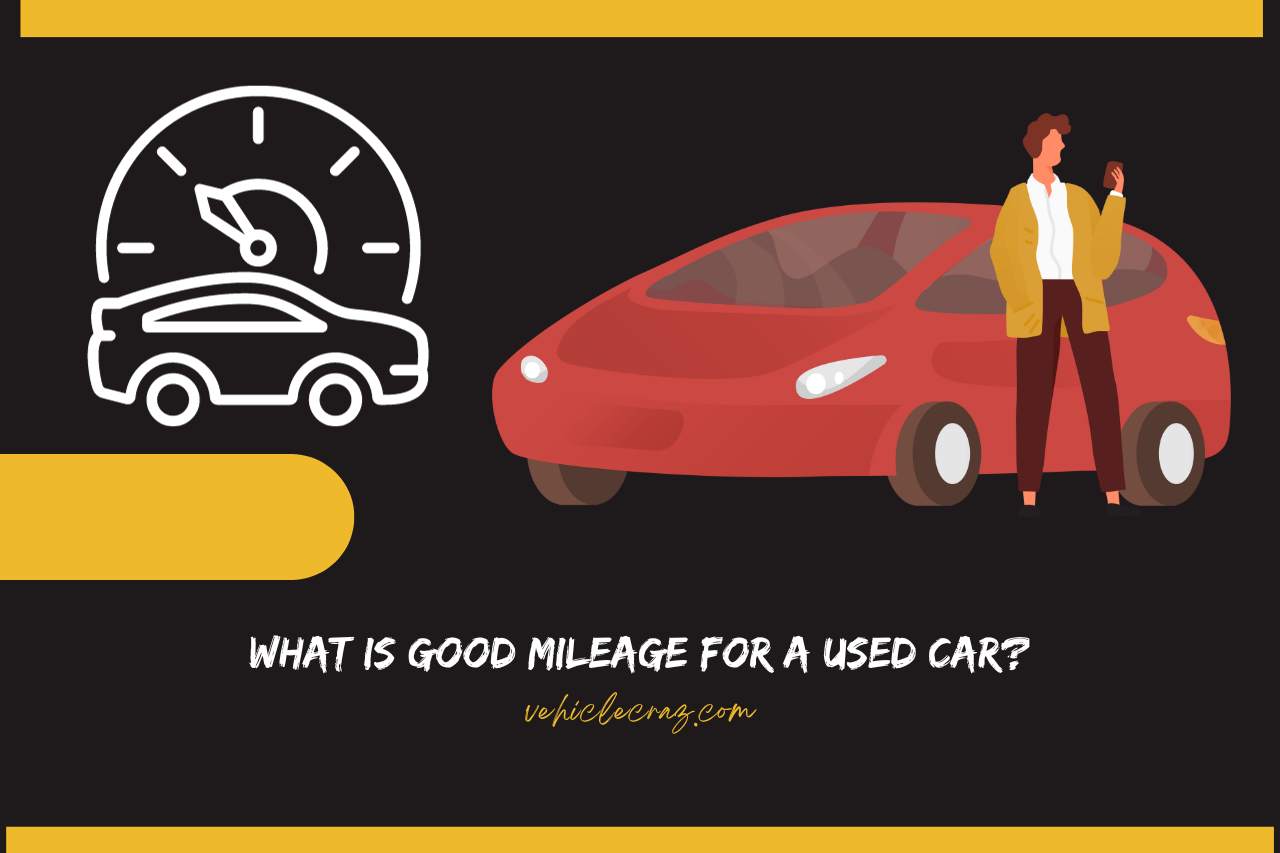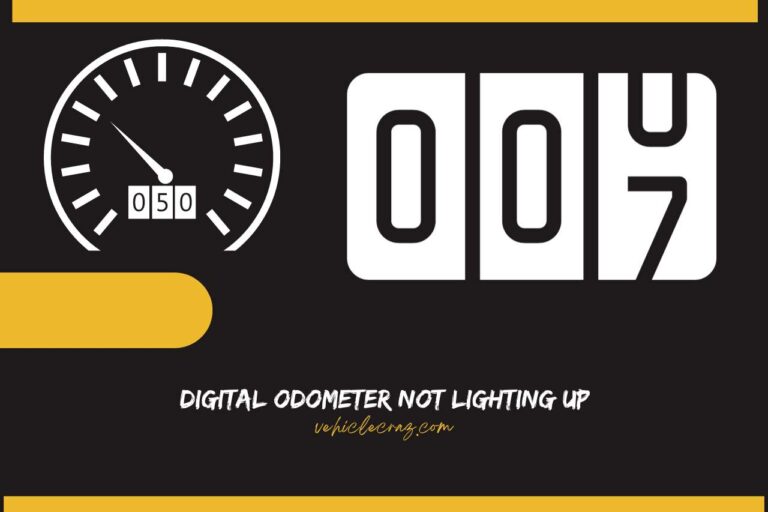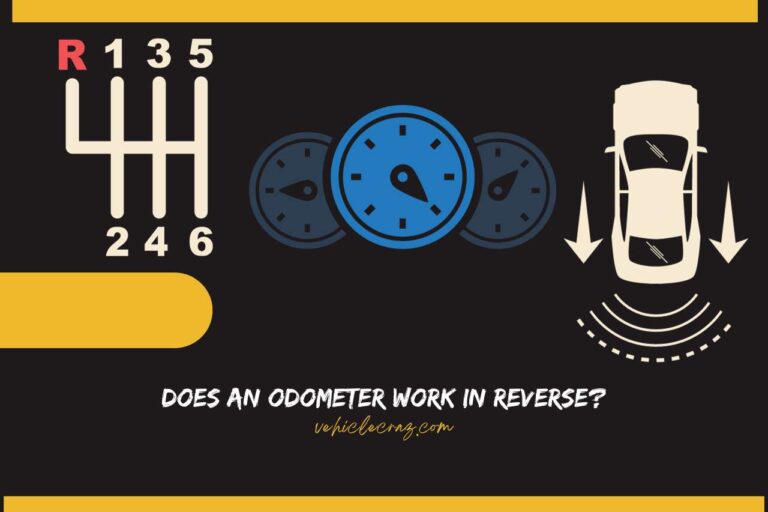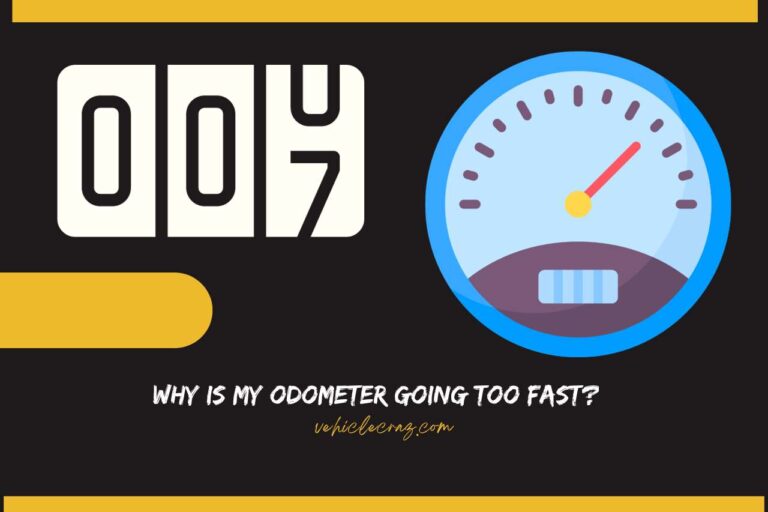What Is Good Mileage for a Used Car? Exploring Mileage Myths!
When it comes to buying a used car, understanding what constitutes good mileage is essential. While “good mileage” can vary depending on several factors, including the make and model, our guide will help you navigate this crucial aspect of purchasing a pre-owned vehicle. We’ll consider mileage ranges, how it affects a car’s condition, and the key factors to keep in mind. Deciphering good mileage ensures you make a well-informed choice when searching for your next used car.
Does Mileage Matter When Buying a Used Car?
Yes, mileage is a crucial factor when purchasing a used car. Lower mileage often indicates less wear and tear, potentially leading to a longer lifespan. However, it’s not the sole determinant; the vehicle’s maintenance history, model year, and how well it was cared for are equally vital. Balancing mileage with these other factors will help you make a smart used car purchase.
What Is Good Mileage for a Used Car?
Good mileage for a used car is typically between 12,000 to 15,000 miles per year. This range signifies a vehicle that has been driven reasonably and likely had regular maintenance.
However, it’s vital to consider other factors like maintenance history, vehicle make and model, and how well it’s been cared for.
A well-maintained car with slightly higher mileage can still be an excellent choice, while a poorly maintained low-mileage car might not be.
The key is to strike a balance between mileage and overall condition when assessing a used car’s value.
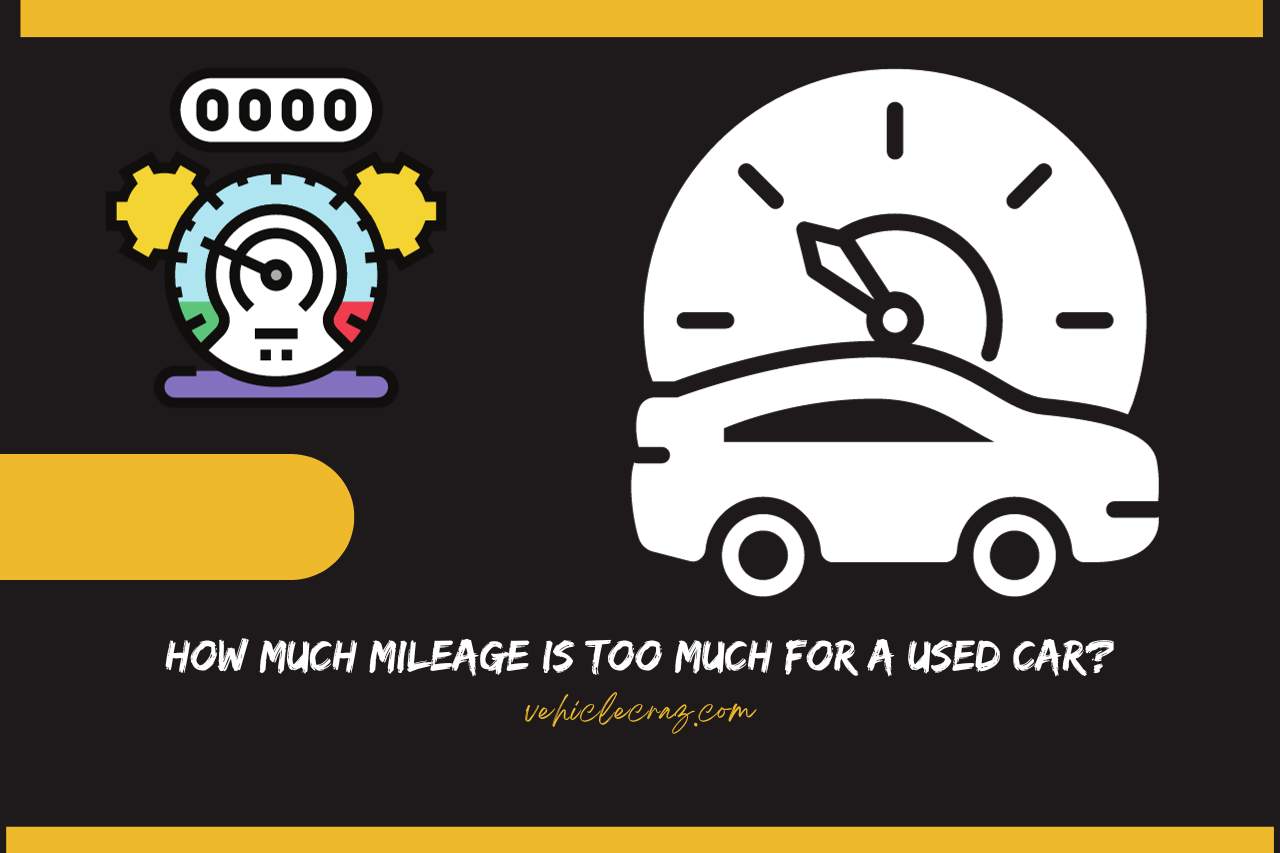

How Much Mileage is Too Much for a Used Car?
Determining when mileage becomes excessive for a used car depends on several factors. Generally, mileage over 15,000 miles per year is considered high. However, it’s not the sole factor. Consider the vehicle’s make, maintenance history, and how well it’s been cared for.
Some cars are built to handle high mileage, while others may show wear sooner. A thorough inspection and maintenance history review are essential to gauge a used car’s true condition.
Risks of Buying a Used Car with High Mileage
Purchasing a used car with high mileage carries inherent risks. Here’s what you need to consider:
-
Increased Maintenance Costs
High-mileage vehicles often require more frequent and costly repairs and maintenance. Worn-out components and systems can strain your wallet.
-
Reliability Concerns
The risk of breakdowns and reliability issues is higher with high-mileage cars. This can be inconvenient and lead to unexpected expenses.
-
Limited Warranty Coverage
Many warranties expire with time or mileage. Buying a high-mileage car might mean reduced or no warranty coverage, leaving you responsible for repairs.
-
Decreased Resale Value
High-mileage vehicles have lower resale value. When you decide to sell, you might not recoup your investment.
-
Unknown History
High-mileage cars may have had multiple owners and varied maintenance. It can be challenging to assess their full history.
-
Higher Fuel Consumption
Older, high-mileage vehicles may be less fuel-efficient, increasing your ongoing expenses.
-
Emission Concerns
Older cars might not meet current emission standards, potentially leading to higher emissions-related repair costs.
-
Uncertain Longevity
While some high-mileage cars can last, others may have a shorter lifespan. Predicting how much more life a vehicle has can be challenging.
Watch this one,
Video Credits – Jay Norman
You May Also Like
- How Long Does A Odometer last?
- Does An Odometer work In Reverse?
- Odometer Not Working After Battery Change?
- How Does Tire Size Affect The Odometer? Does It Really Matter?
- Does The Odometer Reset When The Engine Is Replaced?
- Does The Odometer Reset With A New Transmission?
- How To Know If The Odometer Is Tampered? Major Signs
- Does the Odometer Move When a Car is Towed? (What You Need to Know)


I’m Alex, a seasoned mechanical teacher with over 20 years of hands-on experience in Australia. My passion for all things automotive has driven me to establish this blog, aiming to share my wealth of knowledge and expertise with fellow enthusiasts, DIYers, and anyone keen on understanding the mechanics behind the machines we rely on daily.

